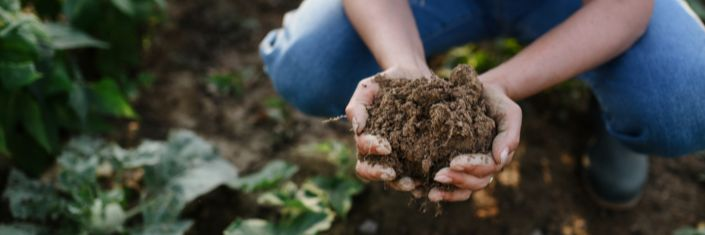Polish Zero Waste Association, with the support of the LIFE BIOBEST consortium partner invites you to attend its conference on bio-waste collection and treatment on 26 November in Pruszcz Gdański.
Source separation of bio-waste is essential for sustainable waste management at the municipal level. It allows for higher recycling rates and lowers waste management costs by producing cleaner recyclable streams and reducing the need for disposal. When treated at the source, through community or household composting, it also decreases the waste burden on municipal services. However, for these strategies to be effective, they require coordinated action across different levels of governance and thoughtful efforts to engage and motivate citizens.
What are the goals of this conference?
The conference aims to provide concrete insights into the current state of bio-waste management in Poland and promote improved municipal performance by showcasing best practices from across Europe at both national and regional levels. Invited presenters and panellists will share their challenges and successes in communicating new requirements to citizens, effectively encouraging long-term behavioural changes and engagement. The event will also feature the recently launched LIFE BIOBEST guidelines based on the experiences of Europe’s top performers in bio-waste management.
Participants will include waste installation operators, municipal waste experts, national and local authorities and civil society representatives, all discussing jointly the gaps in biowaste management, needed investments and recommendations for local authorities.
Experts from the LIFE BIOBEST project will present guidelines on selective bio-waste collection, governance, economic incentives, compost and digestate production, as well as communication and engagement practices, highlighting EU best practices.
Who is this event for?
- Elected officials and technicians from Polish municipalities launching or looking to improve their bio-waste collection systems and overcome barriers and local challenges;
- Waste management companies, civil society organisations, and academia working in bio-waste management.

